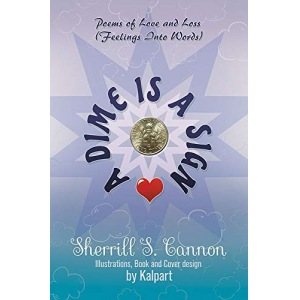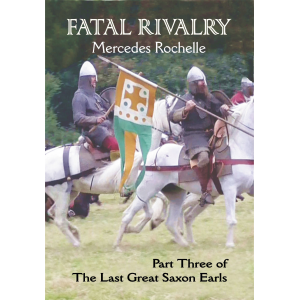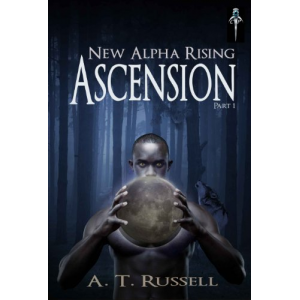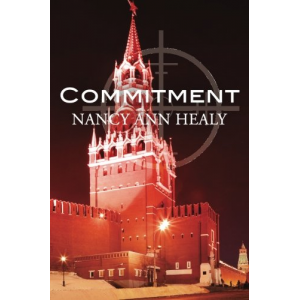- Author
- Book
- Story behind the book
- Media Links
- Reviews
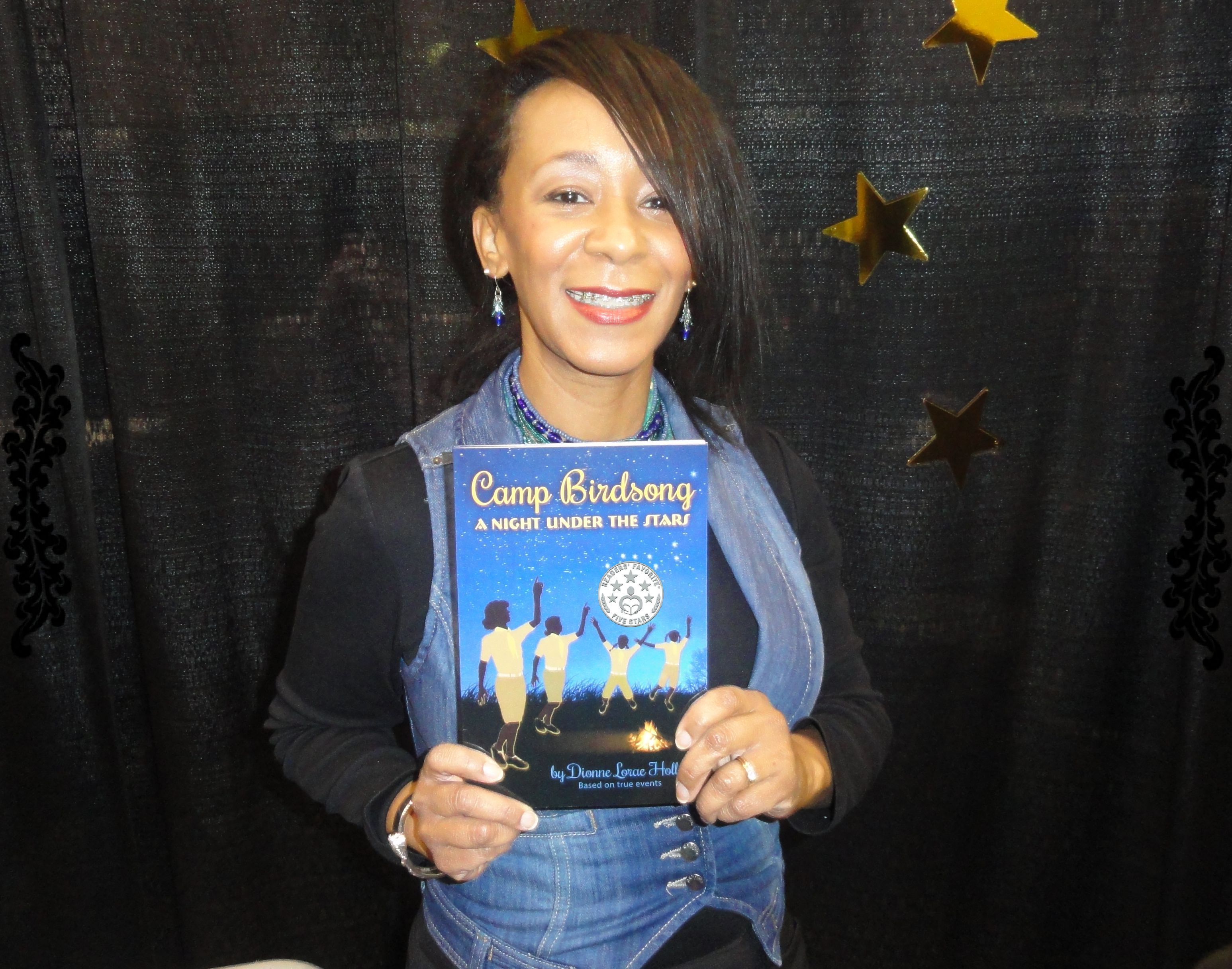
Dionne Holly
About
Dionne Lorae Holly, lives in metro-Atlanta, is the author of "Camp Birdsong: A Night Under The Stars."
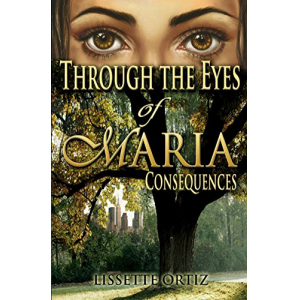
Through the Eyes of Maria: Consequences
Description
<p>Maria’s life shifts course when destiny brings her into the arms of Christian. His earnest kindness and generosity offer the potential for a future she never imagined possible. Afraid of pushing Christian away, Maria changes her identity and buries her sordid past.<br /><br />But when the truth threatens to expose her calculated deception, will Maria find the courage to face her demons and salvage all that's at stake?<br /><br />Or will Maria be forced to accept that she simply cannot outrun the shadows that chase her?</p>
Story Behind The Book
While preparing my research as a Girl Scout Troop Leader to present a Black History Month presentation, I learned how girls became involved in scouting. In 1907, British General Baden-Powell founded the Scouting movement in England. As a general he trained young soldiers stationed in South Africa during the British quest to settle there. He later used his experience for Boy Scouts ideas. In May 1919, Mr. Powell was asked how girls became scouts. His explanation floored me. Mr. Powell described, “Over and over again I saw in Africa the wonderful bravery and resourcefulness of the Zulu women, when the male tribe members were away at war against the (European) settlers. A number of English women volunteered to help our military forces as nurses. Unfortunately, they had never been trained to do anything, they were of no use. I could not help feeling how splendid it would be if one could only train them in peace time in the same way one trained the young soldiers.” Mr. Powell’s words say girl scouting originated from observing African women skillfully protecting and maintaining their communities. Yet, African American girls could not equally or easily experience girl scouting in their southern communities. I decided I had to share this story. My main character is loosely based on Josephine Groves Holloway with her help of her husband; they purchased land to create the first Girl Scouts camp for African American girls in Tennessee. I name the fictional camp the pack visited as Camp De Berry. Dr. William De Berry created the first summer camp for African American children in Massachusetts. The Black experience of scouting in the 1950’s was told to me by mom.
Media Links
Reviews
<p><strong>Reviewed by Charles Ashbacher for Readers' Favorite </strong></p> <p>Camp Birdsong: A Night Under The Stars is written by Dionne Lorae Holly. Joalee is a young black girl growing up in the south in the early years of the twentieth century. Her father is the preacher at a black Methodist church and it is a close and happy family within their segregated portion of the world. Life is good for them until their house burns down and they are homeless. It is at this point where Joalee experiences segregation, even when an elderly white woman with a large house offers them temporary shelter. However, her kindness is tempered by her requirements that they enter through the back door and are confined to a former maid’s room. Joalee is an energetic and intelligent girl with the goal of being a teacher. Despite being a bit overwhelmed by the change in her environment after she arrives at Tusk College, a school for black students, Joalee does well. This is the first step in a career that is a success based on her determination to overcome the opposition of segregation and to create scouting opportunities.</p> <p>This is an excellent book of historical fiction; in this case it is based on the early years of the American Girl Scouts when segregation was the law in the southern states. It is a fascinating historical fact that the scouting movement originated in England and was founded by British General Baden-Powell. He based many of the activities he incorporated into scouting on his observations of the Zulu women he encountered while he was stationed in southern Africa. This is a book where the veil of fiction should be removed from the book after the student reads it. This is a major success story of black people in the United States creating opportunities for young black children to learn the ideals and skills that are imparted by participation in scouting. The last section of the book partially removes the fiction, describing the origin of scouting and how it was created in the United States after it was first developed in England. It also explains the role that Josephine Groves Holloway played in creating the first Girl Scout camps for black girls in Tennessee.</p>
